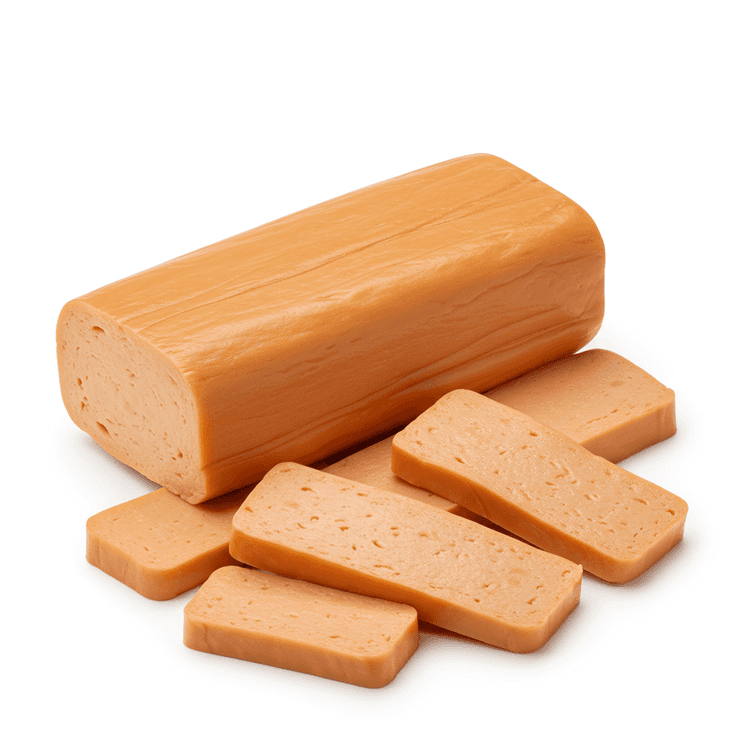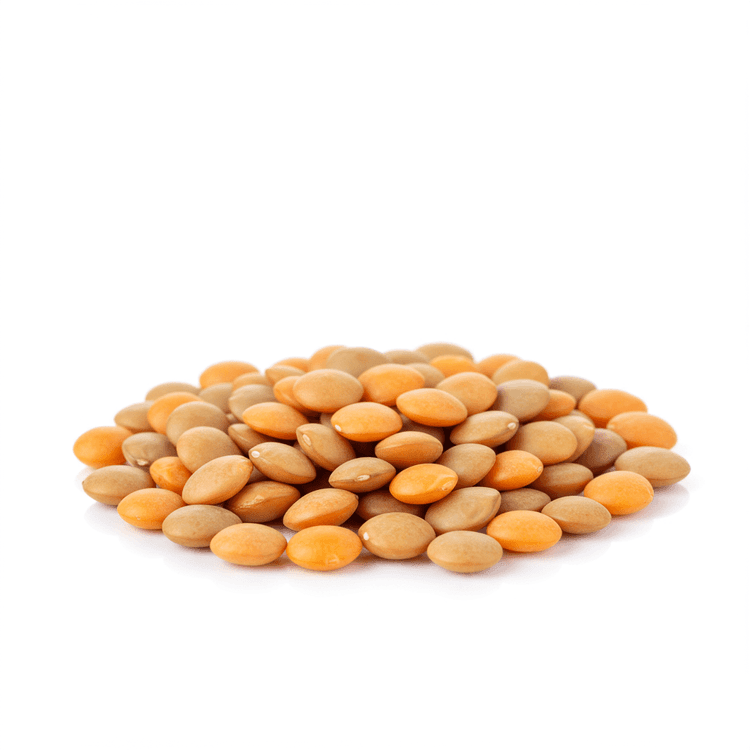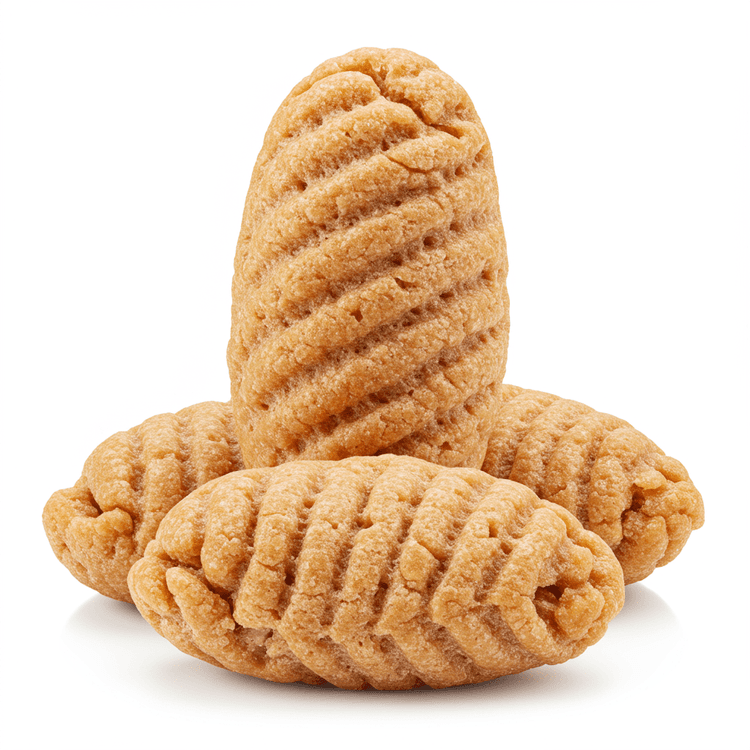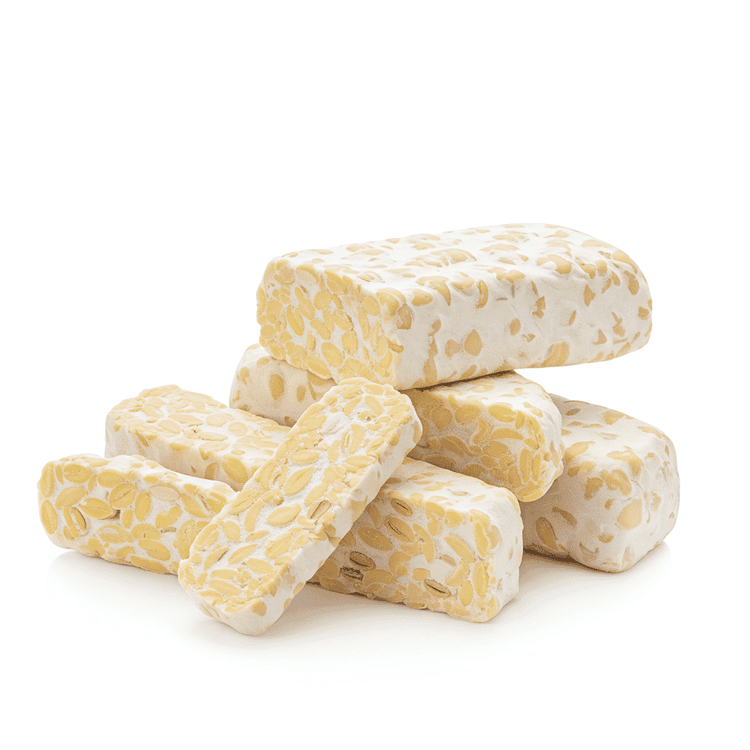
Quorn
Quorn is a meat substitute made from mycoprotein, a naturally occurring fungus. It has a mild, slightly earthy flavor and a chewy, meat-like texture. It's often used as a versatile protein source in vegetarian and vegan dishes. Quorn products come in various forms, including ground, fillets, and pieces, making them adaptable to a wide range of recipes. Quorn is often pale yellow or off-white in color and offers a healthy alternative to meat.
Common Uses
- Quorn is used to create vegetarian and vegan versions of classic meat dishes like spaghetti bolognese. Use the ground quorn as a direct substitute for ground beef in your favorite sauce recipe for a lighter and healthier meal.
- Quorn pieces are often used to make meat-free stir-fries. Substitute chicken or beef with quorn pieces and sauté them with vegetables and your favorite sauce for a quick and satisfying meal.
- Quorn fillets can be breaded and baked or pan-fried, offering a protein-rich alternative to chicken or fish. Serve with your favorite side dishes for a complete and healthy meal.
- Quorn can be added to soups and stews for a boost of protein and texture. Add diced quorn or quorn pieces to your favorite soup or stew recipe for a heartier and more filling meal.
- Quorn is frequently found in ready-made vegetarian meals like lasagna, shepherd's pie, or ready to heat vegetarian curries, offering a convenient option for those looking for easy meat-free choices.
- Quorn burgers provide a meat-free alternative for grilling or pan-frying. Dress them with your favorite toppings and condiments for a delicious and satisfying vegetarian burger.
Nutrition (per serving)
Nutrition (per serving)
Calories
184.0kcal (9.2%)
Protein
30.0g (60%)
Carbs
2.9g (1.05%)
Sugars
0.0g
Healthy Fat
5.7g
Unhealthy Fat
1.4g
% Daily Value based on a 2000 calorie diet
Nutrition (per serving)
Calories
184.0kcal (9.2%)
Protein
30.0g (60%)
Carbs
2.9g (1.05%)
Sugars
0.0g
Healthy Fat
5.7g
Unhealthy Fat
1.4g
% Daily Value based on a 2000 calorie diet
Health Benefits
- Good source of protein for muscle building and repair
- Low in saturated fat, contributing to heart health
- High in fiber, promoting digestive health and satiety
- Contains essential amino acids for overall well-being
- May help in weight management due to its low calorie content
- Source of micronutrients like folate and zinc
Substitutes
Chefadora AI is here.
Experience smarter, stress-free cooking.
Storage Tips
Quorn products should be stored in the refrigerator or freezer depending on the type of product and how soon you plan to use it. Fresh Quorn products should be kept refrigerated and used by the date on the package. Frozen Quorn products can be stored in the freezer for several months. Once thawed, Quorn should be kept refrigerated and used within a day or two for optimal quality and safety.
Marnirni-apinthi Building, Lot Fourteen,
North Terrace, Adelaide, South Australia, 5000
Australia




